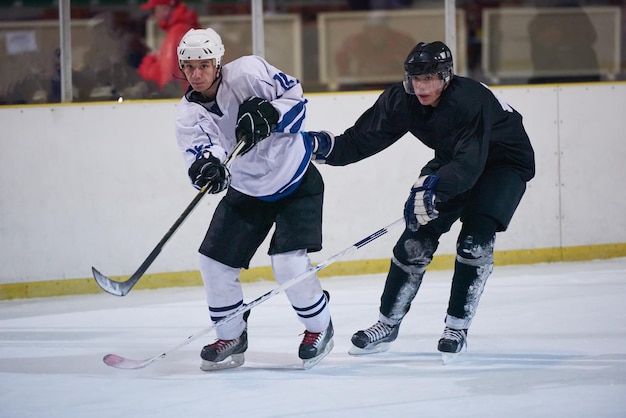Morning Routine:
- NHL referees often start their day early, especially on game days. They wake up with the anticipation of the upcoming game and begin their preparations.
- Like athletes, referees prioritize physical fitness. Many start their day with a workout or some form of exercise to ensure they’re in top condition for the demanding job ahead.
Pre-Game Preparation:
- Before heading to the rink, referees review game notes, scouting reports, and any relevant rule changes or directives from the NHL.
- They meticulously inspect their equipment, ensuring that their skates, pads, and communication devices are in optimal condition for the game.
- Referees also participate in pre-game meetings with their officiating crew and discuss game strategies, positioning, and potential areas of focus.
Arrival at the Rink:
- Upon arriving at the arena, referees check in with the NHL officials’ room and go through security protocols.
- They meet with the rest of their officiating crew, including linesmen and video replay officials, to finalize game plans and assignments.
- Referees engage in on-ice warm-ups to acclimate to the rink conditions and test their equipment before the game begins.
Game Time:
- As the players take to the ice for warm-ups, referees conduct final checks and ensure that everything is in order for the start of the game.
- Once the puck drops, referees must maintain focus and awareness at all times, as the action on the ice can be fast-paced and unpredictable.
- They enforce the rules of the game, make split-second decisions on penalties, and communicate with players and coaches to maintain order and sportsmanship.
- Referees work closely with their officiating crew, relying on clear communication and teamwork to ensure consistency and fairness throughout the game.
Post-Game Responsibilities:
- After the final buzzer sounds, referees gather with their crew for post-game debriefings and evaluations.
- They review key moments from the game, discuss any controversial calls or incidents, and provide feedback to help improve performance in future games.
- Referees also complete administrative tasks, such as filing reports and documentation, before leaving the arena.
Off-Duty Time:
- While the game may be over, the work of an NHL referee doesn’t stop. They continue to stay informed about league developments, rule changes, and upcoming assignments.
- Referees prioritize rest and recovery, knowing that they need to be mentally and physically prepared for the next game on the schedule.
- Whether it’s spending time with family and friends or pursuing hobbies and interests outside of hockey, referees value their off-duty time as a chance to recharge and unwind.
Conclusion: Being an NHL referee is a challenging and rewarding profession that requires dedication, skill, and a passion for the game. From the early morning preparations to the intense action on the ice, referees play a vital role in ensuring the integrity and fairness of professional hockey. So the next time you’re watching a game, take a moment to appreciate the hard work and commitment of the men and women in stripes who make it all possible.



